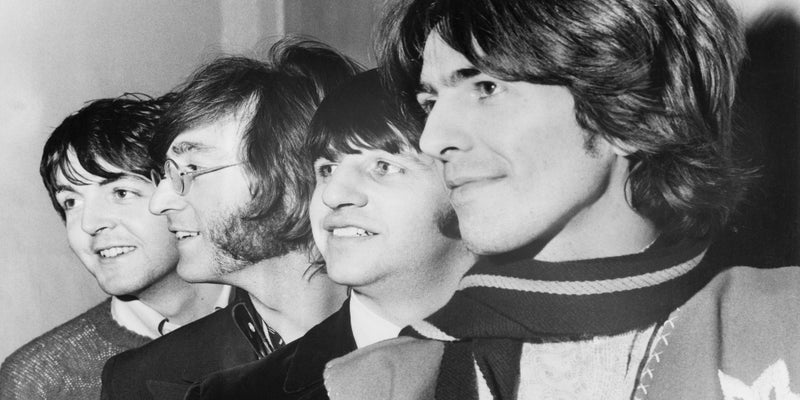Why Did The Beatles Break Up

In the annals of music history, few stories are as poignant and debated as the breakup of The Beatles. From their meteoric rise to global stardom to their abrupt dissolution, the Fab Four’s journey continues to captivate and mystify audiences worldwide. While there’s no single, definitive answer to the question of why The Beatles broke up, several factors converged to bring an end to one of the greatest bands of all time.
Table of Contents
ToggleCreative Differences
As The Beatles evolved both musically and personally, tensions began to simmer within the group. Each member, brimming with individual creativity and ambition, sought to explore new avenues of expression. The clash of artistic visions became increasingly evident, with John Lennon, Paul McCartney, George Harrison, and Ringo Starr pulling in different directions. While their collaborative efforts had yielded unparalleled success, diverging interests and egos strained the unity that had defined their earlier years.
External Pressures
The relentless scrutiny of fame took its toll on the band members, amplifying the strains of their internal dynamics. Endless touring schedules, media intrusion, and the weight of expectation exacted a heavy toll on their personal lives and relationships. The Beatles found themselves ensnared in a whirlwind of fame, with little respite from the demands of their celebrity status. As external pressures mounted, cracks began to appear in the once unbreakable bond that held them together.
Business Disputes
Behind the scenes, conflicts over financial matters and managerial decisions further exacerbated the rift within the band. Disagreements over songwriting credits, royalties, and the direction of their career path created fissures that proved difficult to mend. The absence of a clear leadership structure and the influence of outside parties added complexity to their already strained relationship. As disputes over business matters intensified, the business side of The Beatles became entangled with their personal dynamics, hastening their unraveling.
Personal Growth and Individual Pursuits
Beyond their collective identity as The Beatles, each member yearned for personal fulfillment and artistic freedom. John Lennon sought to assert his individual voice outside the confines of the band, while Paul McCartney explored new musical ventures. George Harrison’s burgeoning songwriting talent demanded recognition, and Ringo Starr harbored ambitions beyond his role as the drummer. The desire to chart their own paths and pursue independent projects gradually overshadowed their commitment to the band, leading to a natural divergence of interests.
Conclusion
The breakup of The Beatles can be seen as the culmination of a perfect storm of internal conflicts, external pressures, and diverging ambitions. What began as a harmonious union of talent and camaraderie ultimately succumbed to the weight of their collective success and individual aspirations. While the breakup marked the end of an era, The Beatles’ enduring legacy continues to resonate with audiences worldwide, reminding us of the transcendent power of their music and the complexities of fame and creativity.





